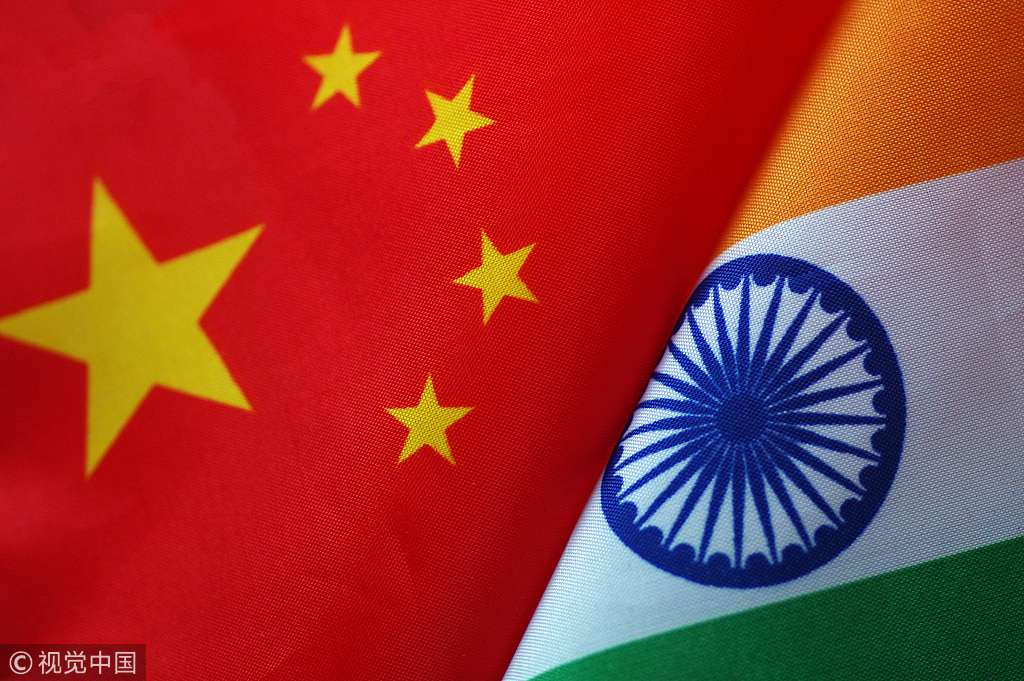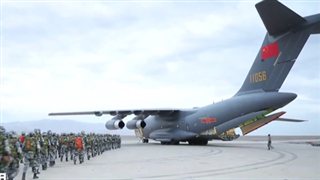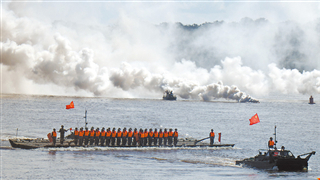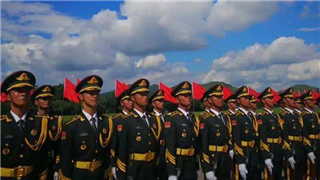
Against the backdrop of the continuing standoff between Indian and Chinese troops along their yet-to-be demarcated border, India on Wednesday conducted another "digital strike" against China, banning 118 more Chinese apps including the ultra popular online multiplayer game Playerunknown's Battlegrounds Mobile.
Under the pretext of safeguarding its cyberspace "security, safety and sovereignty", India had already banned 59 Chinese apps in June and another 47 in July, after the deadly border clash on June 15 in which 20 Indian soldiers died, with the number of Chinese casualties yet to be disclosed.
Targeting Chinese apps — together with the other measures New Delhi has adopted, such as blocking Chinese goods at ports and freezing Chinese companies out of contracts — in retaliation for the ongoing border standoff is a misguided move that, except for fanning nationalist sentiment and jingoism in India, serves no interests.
Take PUBG Mobile, which was developed by China's Tencent and before the ban had 40 million monthly active users in India, for example. The sudden ban does nothing to protect India's national security, because Tencent's updated privacy policies for the game guarantee that users' information is stored in India and won't be shared with third parties. But it will deal a heavy blow to hundreds of Indian companies and brands as well as countless streamers, professional players and e-sports teams in the country whose business and livelihoods depend on it.
Yet all this is not in the minds of politicians in New Delhi, whose only concern is how to whip up hostility toward China, no matter the consequences, for their own political gain. India's economy plunged by 23.9 percent in the April to June quarter, the worst performance in at least a quarter of a century, as the coronavirus pandemic is still ravaging the country. A border showdown with China, they seem to believe, can serve as a handy tool to divert public attention from the virus and cover up their ineptitude in governance.
That may explain why the Indian troops have repeatedly crossed the Line of Actual Control, in violation of the consensus reached by the two sides to disengage in the disputed area. The Indian prime minister's national security adviser, Ajit Doval, even said that the army is ready for a long-drawn standoff with China.
The belligerent stance India has taken will only make any efforts to end the crisis through military and diplomatic talks even more difficult.
Obviously, India is yet to learn from its past mistakes. Underestimating China's resolve and capability to safeguard its sovereignty will only bring New Delhi a repeat of its 1962 humiliation.











